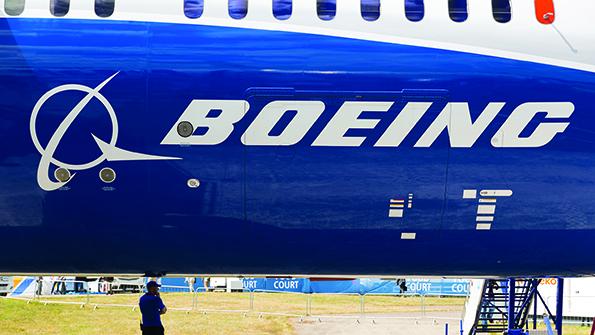Opinion: Boeing Debacle Highlights Need For Fully Integrated SMS

SMS placed on top of existing quality management systems create overcomplicated layers that do not inform executive decision-making.
Credit: Mark Mercer/Alamy Stock Photo
As one of the experts appointed to a panel mandated by Congress to evaluate safety management processes for each Organization Designation Authorization holder for Boeing, the findings and recommendations of the group came as no surprise to me. Large bodies of humans develop “administratium.” Complex...
Opinion: Boeing Debacle Highlights Need For Fully Integrated SMS is part of our Aviation Week & Space Technology - Inside MRO and AWIN subscriptions.
Subscribe now to read this content, plus receive full coverage of what's next in technology from the experts trusted by the commercial aircraft MRO community.
Already a subscriber to AWST or an AWIN customer? Log in with your existing email and password.




